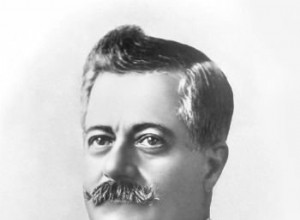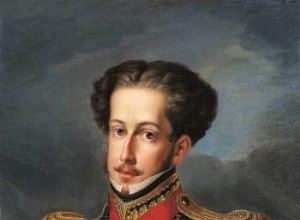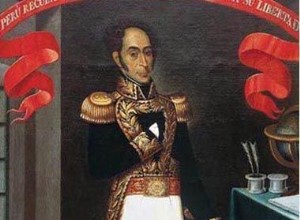Epitacio Pessoa was the 11th president of Brazil who ruled the country from 1919 to 1922, during the period known as República Velha, after the brief mandate of Delfim Moreira from Minas Gerais, thus breaking with the political system called “coffee with milk” whose oligarchy from São Paulo and mini




